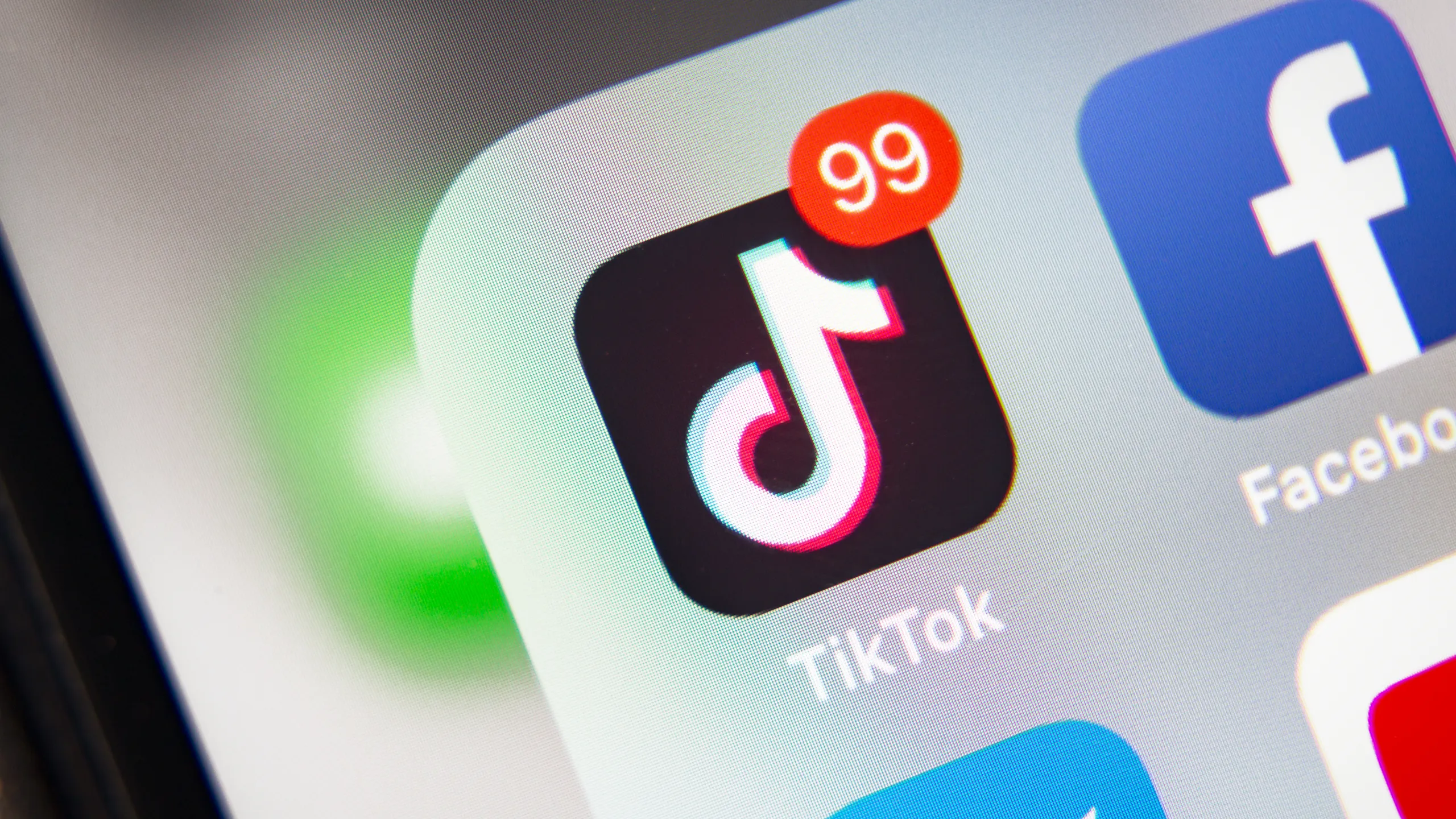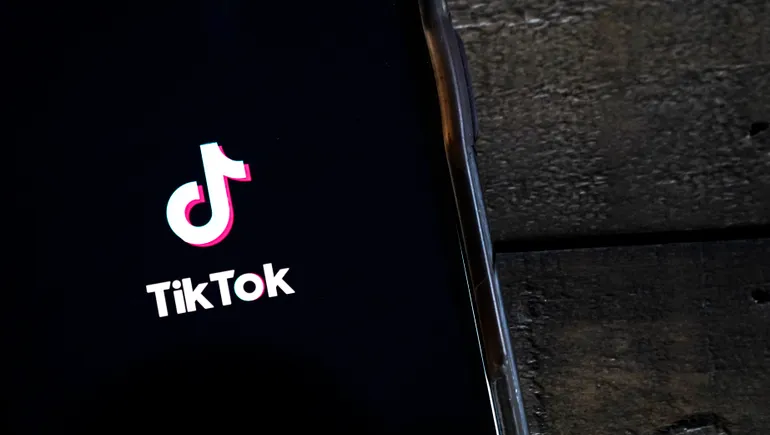Is TikTok on the verge of being banned in the U.S. for real this time? Let’s unpack the situation. Earlier this week, a bill was introduced by Rep. Mike Gallagher and Rep. Raja Krishnamoorthi aimed at addressing national security concerns related to the foreign ownership of social media apps.
The bill seeks to push TikTok’s owner, ByteDance, to sell TikTok to American owners to ensure that U.S. user data isn’t accessible to the Chinese government. The bill was passed by the House Energy and Commerce Committee and is now awaiting further votes in the House and Senate before potential enactment by the President.
While many TikTok users may not be overly concerned about data access, there are potential risks. For instance, Chinese Government operatives could theoretically access TikTok user data, identify government employees and their families, and exploit that information for political leverage. Consequently, TikTok has already been banned on government devices in most Western countries.
Despite assurances from TikTok that it operates independently and would not have to share user data, Chinese cybersecurity laws suggest otherwise. These laws allow Chinese officials to access user logs, messages, and comments on social media platforms for legal investigations and national security purposes, broadening the potential for data monitoring by any nation deemed a threat by China.

TikTok (Credits: Teen Vogue)
The current geopolitical tension between the U.S. and China, marked by increased sanctions and disagreements over technological development and military actions, has made a TikTok ban more likely. President Joe Biden has indicated he would sign off on the bill if approved by Congress, further indicating a possible ban.
Moreover, concerns about China’s attempts to influence U.S. voters via social media platforms could bolster arguments for a TikTok ban, especially with an election approaching. Despite TikTok’s efforts to oppose the proposed bill by urging users to contact their representatives, this move may have backfired, garnering more support for the bill among U.S. Senators.
Interestingly, former President Donald Trump, who previously proposed a TikTok ban in 2020, opposes the current ban proposal, citing concerns about empowering other social media platforms like Meta. However, Trump’s motivations appear more retaliatory than security-oriented.
Elon Musk has also voiced support for Trump’s stance, further complicating the situation. Ultimately, whether TikTok will be banned remains uncertain. Republican senators aligned with Trump may oppose the bill, potentially preventing it from reaching the President’s desk.
However, with ongoing fractures in the U.S.-China relationship, a ban remains a looming threat to TikTok’s existence, especially amidst continued disputes over semiconductor development and trade restrictions.























